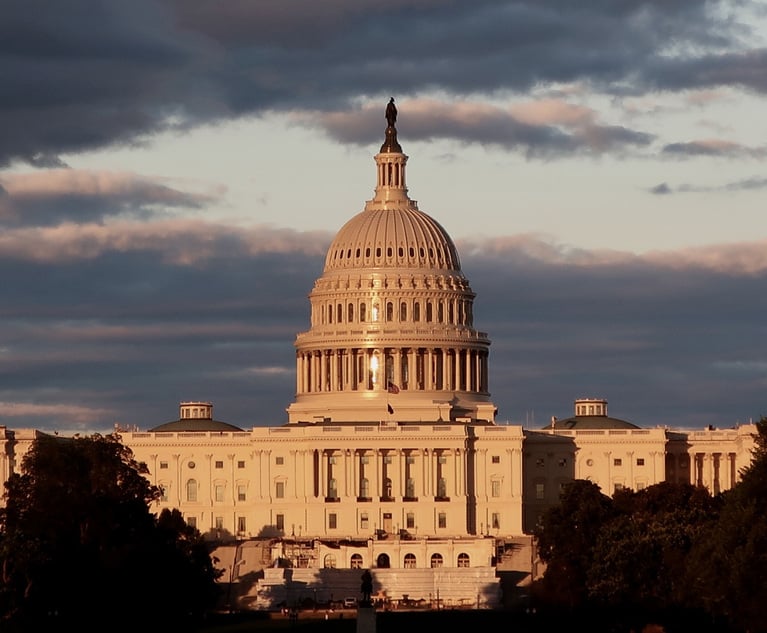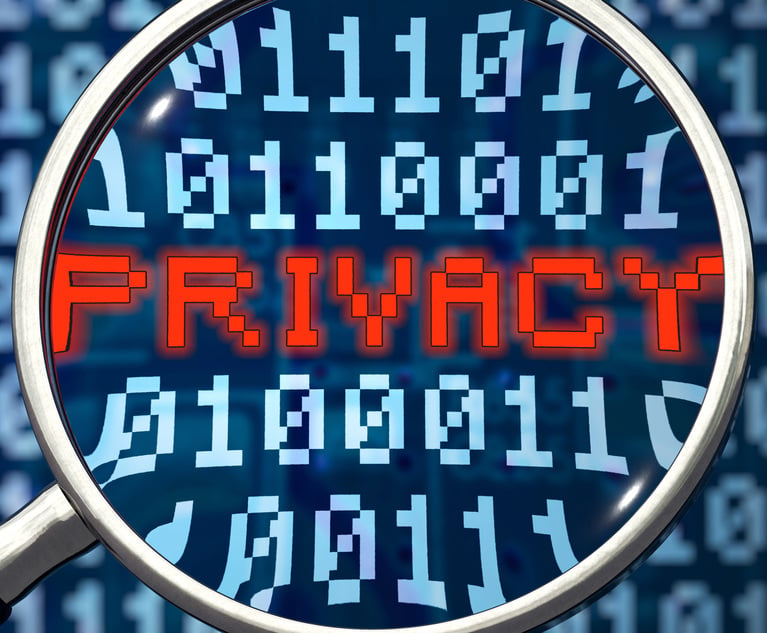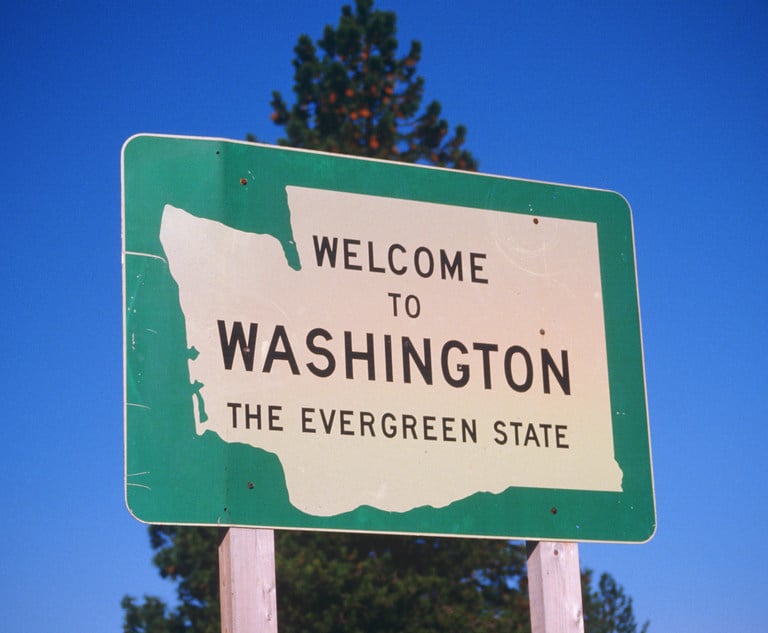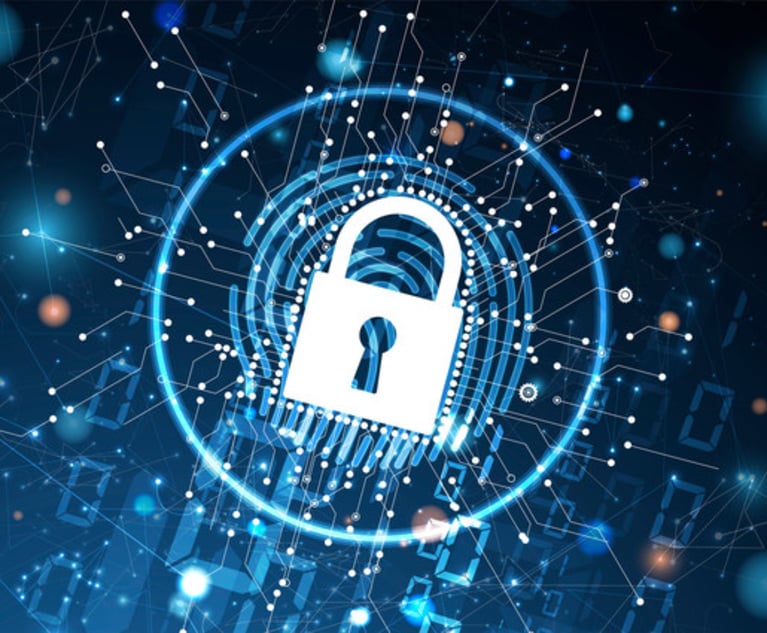Welcome back for another week of What’s Next, where we report on the intersection of law and technology. Here’s what we’ve got for you today:
>> Do criminal defendants have a constitutional right to users’ private social media messages to defend themselves?









